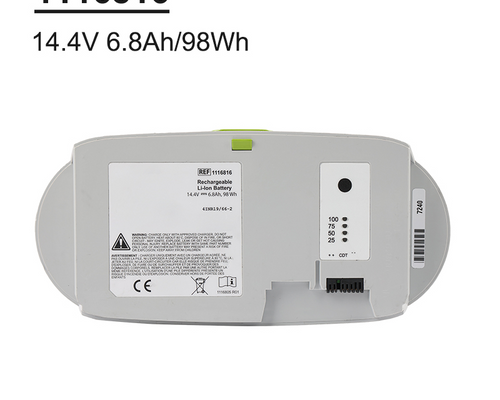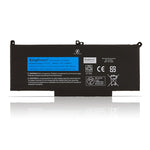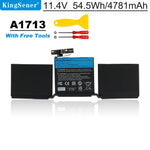Il n'y a aucun objet dans votre panier.
What do we need to know about oxygen concentrators ?

Oxygen Concentrator Working Principle
Oxygen concentrators draw air from a room and filter out the nitrogen. This process provides the higher concentrations of oxygen needed for oxygen therapy. Oxygen concentrators can be large and stationary or small and portable. Oxygen concentrators differ from tanks or other containers that provide oxygen because they use an electric pump to concentrate a continuous supply of oxygen from the surrounding air.
Oxygen concentrators usually run on household power. Plug the power cord into an appropriate electrical outlet and make sure the power source is stable. Some portable oxygen concentrators can also be powered by batteries .
What are the advantages of oxygen concentrator?
Portable: Oxygen concentrators are designed with user mobility in mind. Whether they are desktop versions for home use or small, lightweight models suitable for mobile use, these devices allow patients to move freely without being tied to a fixed device. Especially for products designed for portability, patients can carry them with them for convenient travel and daily activities.
Quiet Operation: One of the notable advantages of modern oxygen concentrators is their quiet or near-quiet operation. This ensures that the user and those around them are not disturbed by noise during operation. This is particularly beneficial when used at night to ensure uninterrupted sleep.
Low maintenance costs: The oxygen concentrator is designed to be durable and require minimal maintenance. Apart from occasional cleaning or filter replacement, no regular intensive maintenance is required. This reduces long-term care costs and workload for users and caregivers.
What are the disadvantages of oxygen concentrators?
Requires Electricity: Oxygen concentrators require a power source to operate. This reliance on electricity can be limiting, especially in areas with unstable electricity or when traveling to places where electrical outlets are not readily available. While many portable models come with batteries, they still require charging, leaving the user with regular access to power.
Oxygen concentrators have limited battery life: While portable oxygen concentrators allow freedom of movement, their battery life can be a limitation. Depending on the model and oxygen output settings, the battery may only last a few hours, requiring frequent charging and potentially disrupting the user's plans or activities
Prone to power outages: Since oxygen concentrators rely on electricity, power outages can be a significant problem, especially for those areas that experience frequent power outages. While battery backup can provide a temporary solution, prolonged power outages require users to have an alternative oxygen source or a backup plan.
How long does a portable oxygen concentrator last?
The lifespan of a portable oxygen concentrator depends on its brand, model, and maintenance practices. Typically, a well-maintained unit can operate effectively for 3 to 7 years or more. However, when discussing usage time, battery life comes into play. On a full charge, most portable models can operate for 4 to 10 hours, depending on the settings and model of the unit.
While the device itself may have a longer lifespan, components such as the battery may need to be replaced or recharged more frequently. Regular maintenance and following the manufacturer's guidelines can optimize the lifespan and uptime of your device.
How long does the battery life of an oxygen concentrator last?
The battery life of different models of portable oxygen concentrators varies, generally about 1-3 hours. When using, you should charge it in advance or prepare spare batteries according to the actual situation.
The following factors will affect the battery life:
Oxygen flow setting: The flow setting of the oxygen concentrator usually has multiple gears, such as 1L/min, 2L/min, etc. The higher the flow rate, the more power the device needs to consume, so the battery life will be shortened accordingly. At low flow settings, the battery can last longer.
Device model and battery capacity: Different brands and models of oxygen concentrators have different battery capacities, and the battery life varies. Some high-end models are equipped with larger capacity batteries that can support longer operation.
Ambient temperature and humidity: Extreme temperatures (either too cold or too hot) can affect battery performance and battery life. In cold environments in particular, battery life may be shortened.
The battery life of an oxygen concentrator is an important factor affecting the user experience, especially for patients who need long-term oxygen inhalation. It is very important to choose a device with a suitable battery life. When purchasing an oxygen concentrator, it is recommended to choose the appropriate flow setting according to your needs and consider additional batteries and charging equipment to ensure that the device can continue to provide oxygen support when you are out.
If this article still doesn't help your laptop battery, you can buy a new battery at BatteryMall.com
If you want to learn more about batteries, please visit: BatteryMall.com/blogs/suppor








